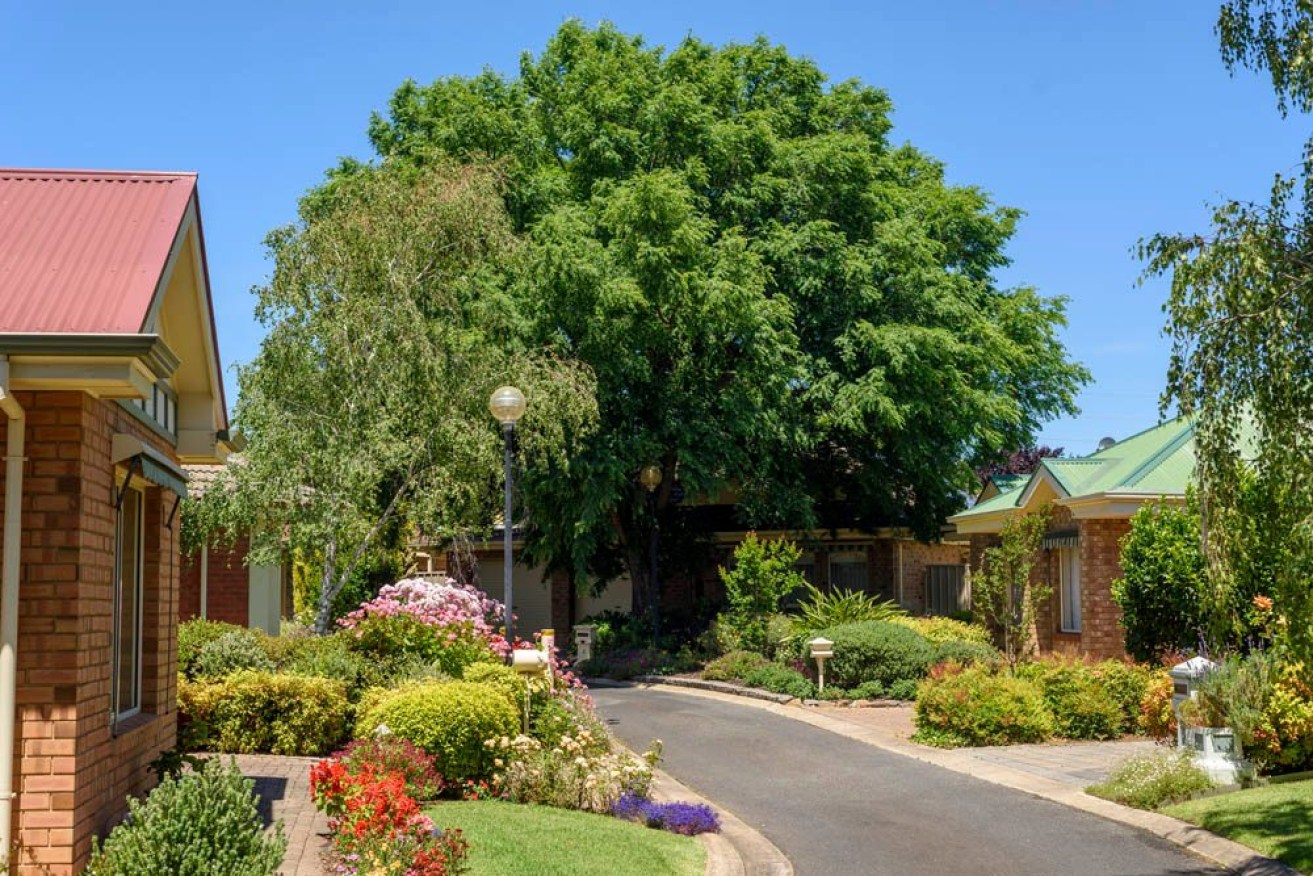Aged care home ‘rewording’ voluntary assisted dying policy
An aged care provider in Adelaide’s northeast says it will “reword” its policy to not offer its residents access to voluntary assisted dying, with the organisation promising to abide by the legislation when it comes into effect on January 31.

Warrina Park Retirement Village in Paradise. Photo: Warrina Homes/Facebook
In a since-deleted statement published on its website last week, Warrina Homes said it would “not offer access to the administration of voluntary assisted dying (VAD) services at its residential aged care facilities”.
The not-for-profit organisation said it would also not “facilitate or participate in assessments undertaken for the purpose of a resident having access to interventions permitted by the VAD legislation”, or “provide (or facilitate the provision of) a substance for the same purpose”.
Warrina Homes operates residential aged care homes at Campbelltown, Paradise and Hope Valley, with its website stating it has a “Christian-based ethos”.
“We do not subscribe to the view that assisting someone to end life directly and intentionally can ever be an expression of holistic care for a person,” its statement said.
“All people are valuable, no matter what they are experiencing.”
The statement, issued on behalf of Warrina Homes’ board of directors, said the organisation was “focussed on healing and accompanying the dying”.
It said Warrina Homes recognised that a person may wish to explore the option of VAD, and was “committed to receiving all such enquiries in a compassionate and respectful manner”.
South Australia’s Voluntary Assisted Dying Act, which comes into effect on January 31, requires residential aged care facilities to provide access for residents to all parts of the VAD process, either within the facility or by transferring the person to a place where they may access VAD, depending on the circumstances of the resident.
Warrina Homes chief finance and operating officer Jose Ribeiro told InDaily that the statement had been removed from the organisation’s website.
He said Warrina Homes was now working with SA Health to ensure it abided by the legislation.
“We will do everything that the legislation is telling us we need to do,” he said.
“I think, when we wrote the original position statement, some of the wording has not been read as we thought it would.
“We’ve spoken to the department and we’re just going through the process of rewording it so it makes it a lot clearer to anybody reading it.”
Ribeiro said Warrina Homes residents would be able to access VAD, but the organisation might not be able to offer an internal service.
“We will allow all the visits, all the things that are required through the VAD process to take place in our facilities,” he said.
In a statement, a spokesperson from SA Health confirmed the department was in discussions with Warrina Homes regarding its legislated requirements.
Once it is implemented, the Voluntary Assisted Dying Act will allow South Australians with a diagnosed incurable illness to voluntarily access and self-administer a medication that will cause their death.
The VAD implementation taskforce estimates that about 50 to 60 people will start the VAD process each month, while about 11 people will die from VAD each month, based on modelling from Victoria and Western Australia.
About 50 doctors are registered and in the process of getting trained to deliver VAD services.




